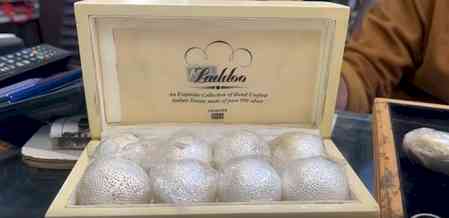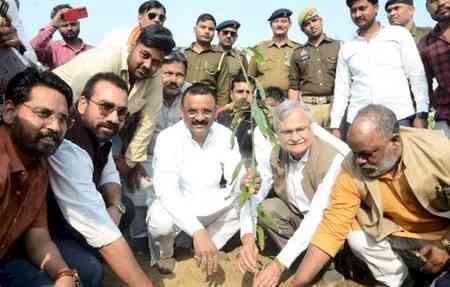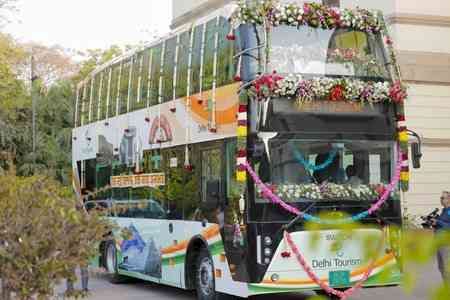EEPC India urges revamping GST refunds, Rupee-Ruble exchange mechanism
The Engineering Export Promotion Council (EEPC) India on Wednesday welcomed the GST 2.0 reforms as a boost to economic growth and ease of doing business, and urged the government to automate GST refunds.

New Delhi, Nov 26 (IANS) The Engineering Export Promotion Council (EEPC) India on Wednesday welcomed the GST 2.0 reforms as a boost to economic growth and ease of doing business, and urged the government to automate GST refunds.
EEPC India noted that some cases of inverted duty structure persist in the engineering sector, citing bicycles as an example where the finished product attracts 5 per cent GST while steel, the raw material, is taxed at 18 per cent.
"To address this issue, we suggest that the GST refund process be fully automated. We also request that 90 per cent of the refund be given without verification. The rest 10 per cent can be paid upon verification. This will help the exporters to pass on the benefits to the customers," the industry body said in a release.
Further, flagging the payment delays faced by Indian exporters due to sanctions on Russian banks, EEPC India urged a reliable rupee–ruble exchange mechanism.
It also proposed to include steel in the ongoing trade negotiations with the two major partners.
"The implementation of the 50 per cent tariff has significantly impacted our exports to the US. We suggest that steel, aluminium, and auto parts be included in the BTA negotiations, and that a favourable tariff be negotiated. This is crucial for the survival of a large number of MSMEs,” Pankaj Chadha, the Chairman of the EEPC India, said.
Regarding trade negotiations with the EU, EEPC India has suggested maintaining the status quo in terms of both quota and the out-of-quota tariffs for steel.
The EU’s safeguard measures on steel imports, which were originally set to expire on June 30, 2024, have been extended for two more years until June 2026. The industry body also highlighted the European Union’s carbon pricing as an additional cost for carbon‑intensive products, posing challenges for Indian exporters reliant on conventional energy.
--IANS
aar/vd



 IANS
IANS 









